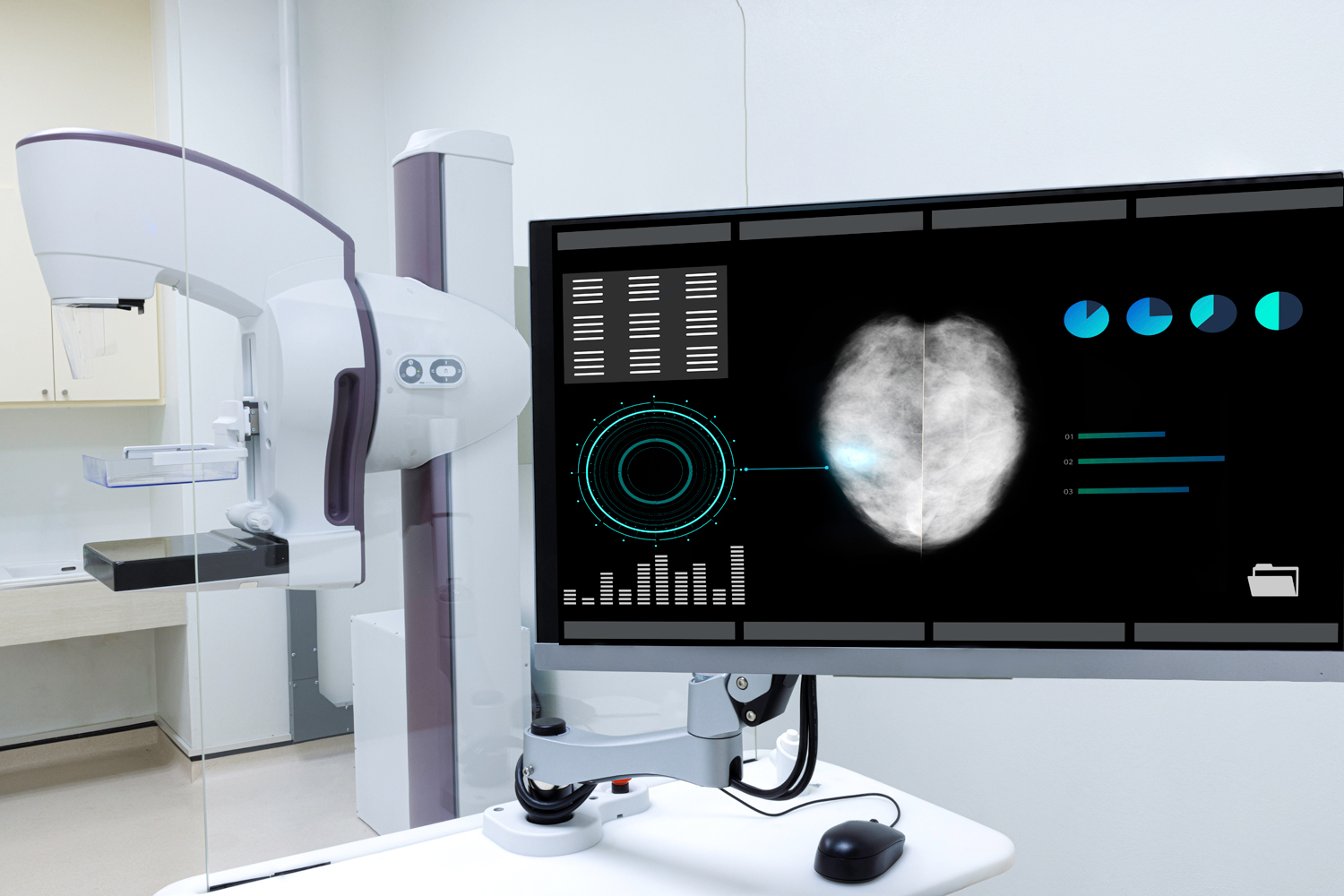Misconceptions About Dense Breasts and Breast Cancer Risk
A recent study revealed that many women underestimate the breast cancer risk posed by dense breasts compared with other risk factors. The study, published in JAMA Network Open, surveyed 1,858 women from 40 to 76 years old who said they had recently undergone a mammography, had no breast cancer history, and had heard of breast density. Most respondents felt breast density was a lesser risk than having a first-degree relative with breast cancer (93%) or being overweight or obese (65%). “When compared to other known and perhaps more well-known breast cancer risks, women did not perceive breast density as significant of a risk,” said Laura Beidler, a study author and a researcher at Dartmouth Institute for Health Policy and Clinical Practice in Lebanon, New Hampshire, according to a CNN report. Dense breasts, which have more glandular tissue relative to fatty tissue, are present in 40% to 50% of women undergoing mammography and are associated with a 1.2 to four times greater breast cancer risk, depending on breast density. Having a first-degree relative with breast cancer is associated with a two times greater risk of breast cancer, the study said.
FDA Approves First Targeted Therapy for HER2-Positive Colorectal Cancer
The Food and Drug Administration (FDA) has granted accelerated approval to Tukysa (tucatinib) combined with Herceptin (trastuzumab) for adult patients with a certain type of HER2-positive unresectable or metastatic colorectal cancer whose disease advances following chemotherapy. The first approval for targeted treatment for HER2-positive metastatic colorectal cancer was based on results from the MOUNTAINEER trial, which showed a 38% overall response rate with the drug combination. The median duration of response was 12.4 months. “Historically, patients with HER2-positive metastatic colorectal cancer who have progressed following front-line therapy have had poor outcomes,” said lead investigator and medical oncologist John Strickler of Duke University Medical Center in Durham, North Carolina, in a story on MedPage Today. “The FDA approval of a chemotherapy-free combination regimen that specifically targets HER2 is great news for these patients.” HER-2 is overexpressed in about 3% to 5% of patients with metastatic colorectal cancer.
Surgery Could Be Avoided in Low-Risk Rectal Cancer
Patients with early-stage rectal cancer usually undergo surgery to remove the cancer, despite a likely negative impact on quality of life including the possibility of a stoma. However, results from the OPERA trial reported Jan. 21 at the 2023 ASCO Gastrointestinal Cancers Symposium in San Francisco indicate that patients with very low-risk disease who do not receive surgery as part of their treatment could fare better than those who do. The study assigned 148 patients to either standard-of-care treatment with external beam chemoradiotherapy (EBCRT) or EBCRT at the same dose followed by contact X-ray brachytherapy. Patients were assessed at 14, 20 and 24 weeks. If there was no evidence of cancer, participants in both arms were referred to a watch-and-wait approach without surgery. At 24 weeks, 92% of patients in the experimental arm had a clinical complete response compared with 64% for patients receiving standard of care with EBCRT. Fewer patients in the experimental arm required follow-up surgery (20 vs. 46). Among all eligible patients, 12% required a permanent stoma, but the rate was lower in the experimental arm (10% vs 15%). “The OPERA data at three years suggests that nonsurgical treatment for rectal cancer is feasible, and those who needed surgery can be salvaged without compromising the chance of cure,” said clinical oncologist and study author Arthur Sun Myint of Clattterbridge Cancer Centre in Liverpool, England, in OBR Oncology. Sun Myint added that he hoped the study results will provide “evidence for practice changing and rectal cancer management to accept alternative treatment options for patients who wish to avoid surgery and the stoma.
Cancer Today magazine is free to cancer patients, survivors and caregivers who live in the U.S. Subscribe here to receive four issues per year.





